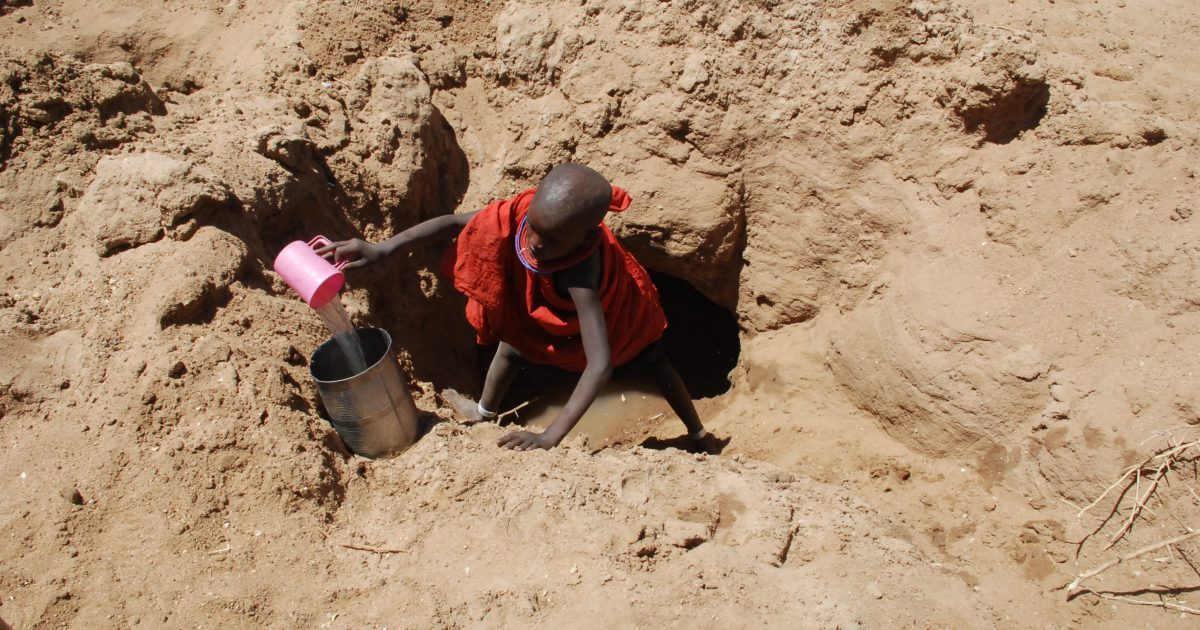More than 150,000 people who have been affected by hunger in Samburu County are in dire need of relief food the Kenya Red Cross has revealed.

Kenya Red Cross Upper Eastern Region Manager Maurice Anyango said that women and children below five years are the most affected after men migrated with livestock to different areas including Malaso, Baragoi, Koom, Isiolo and Laikipia County in search of water and pasture for their livestock after water points dried up at home.
“Mothers, expectant women, children below five and the elderly are the most affected. Their men have migrated with the families’ livestock leaving them without milk,” he said.
Anyango said that as a mitigation measure, at least 500 families at Nkaroni and other five villages in Samburu East have found a temporary relief following distribution of 15 metric tonnes of relief food by Kenya Red cross.
He noted that each family will benefit by getting ten kilograms of rice, four kilograms of beans, cooking oil and 500 grams of salt to last them for about two weeks.
“We believe this will go a long way in improving food security at a household level and we are also supporting 500 households in Samburu North with cash transfer for the next two months,” Anyango said.
He added that 525 other families in Samburu North Sub County have been listed to benefit from cash transfer programme for a similar duration.
The county is currently experiencing an increased malnutrition from 22 per cent to 30 per cent for the past few months.
Emmanuel Leleruk a resident of Nkaroni village in Samburu East noted that they have resorted to digging shallow wells on dry riverbeds in the evening for water to collect overnight.
“If you are lucky you can find at least five litres of water inside the shallow well in the morning if wild animals haven’t drunk it. It is never enough for domestic use and for our livestock and that’s why men have migrated with the cows,” he said.
Julia Lepoora, a resident of Nkaroni village, said that most families are now having a meal once per day.
“We are just stepping on barren land, there is no grass. People have migrated with livestock to different areas and there is hunger,” she lamented.
By Robert Githu





